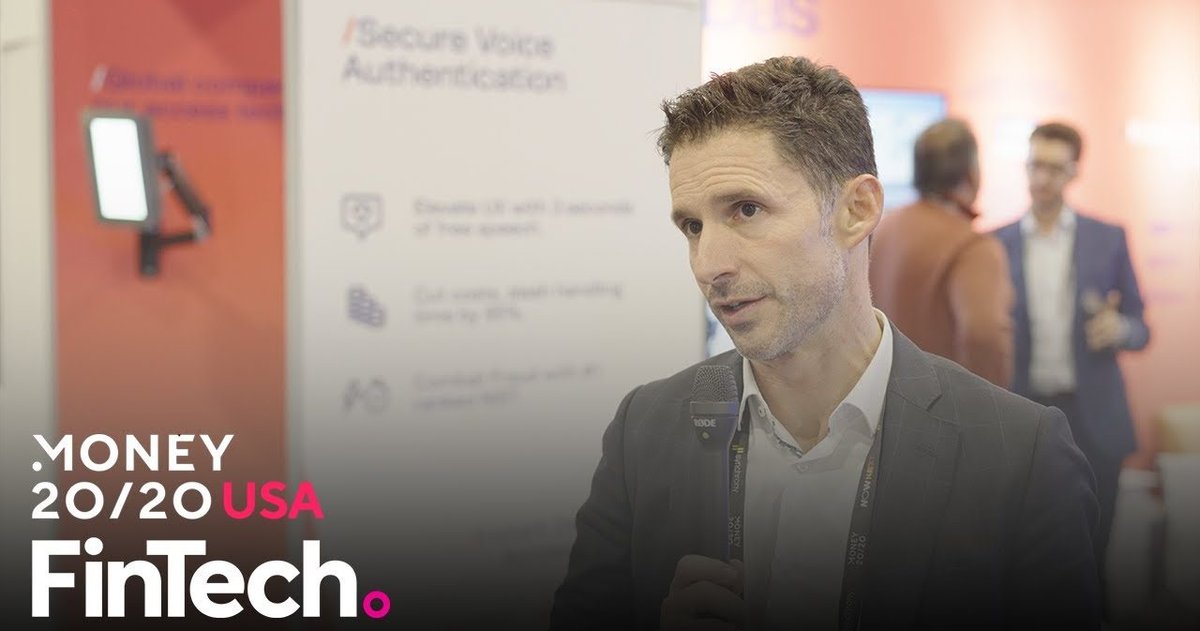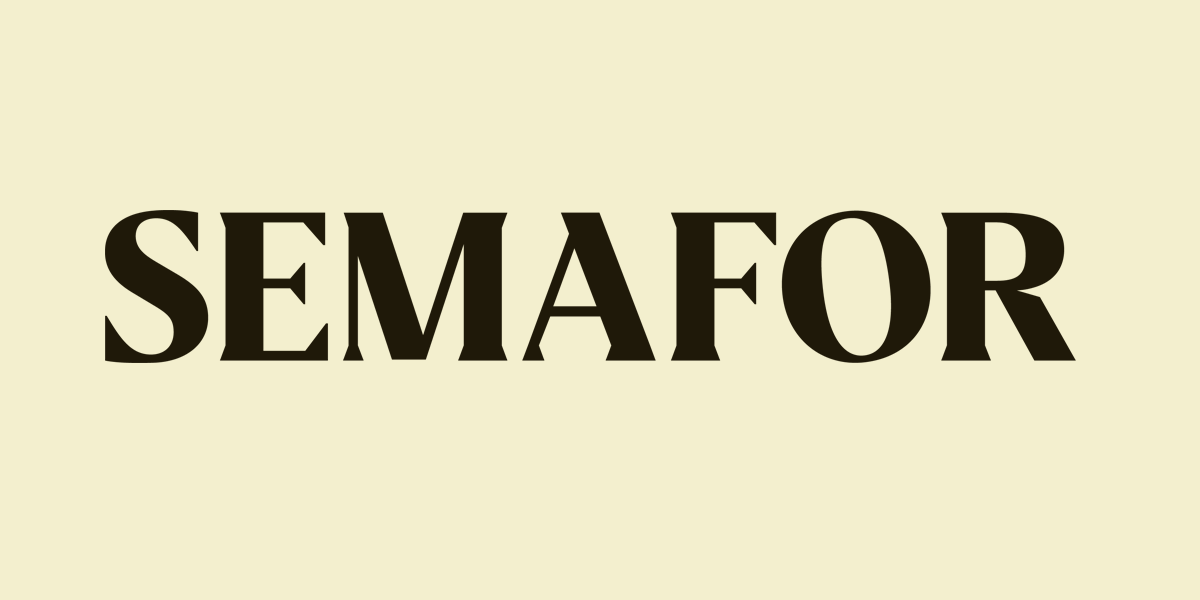








MoneyMart, a financial institution in Zimbabwe, has implemented biometrics technology to improve customer security in micro-lending [73327182]. The use of biometrics helps verify the identity of borrowers, ensuring that the person receiving the funds is the same person who applied. This measure aims to combat identity theft and fraud in the industry. MoneyMart recognizes the importance of biometrics in their business, which focuses on providing financial services to customers at the bottom of the pyramid, with a priority on women and youth.
Biometric payment cards are poised to reshape the payment landscape, offering enhanced security and convenience. In an article published by Spiceworks, Sam Gazeley explores the potential of biometric payment cards becoming a household staple [0ed2fc03].
The article highlights that biometric payment cards have the potential to revolutionize how we make transactions. By incorporating biometric authentication, such as fingerprint or palm vein recognition, into payment cards, they offer an additional layer of security compared to traditional payment methods. This technology ensures that only the authorized cardholder can make a transaction, reducing the risk of fraud and unauthorized use.
Moreover, biometric payment cards provide convenience and ease of use. Users no longer need to remember PINs or carry multiple cards, as their unique biometric data serves as their identification. This streamlines the payment process and enhances the overall user experience.
The author emphasizes that biometric payment cards are set to become an integral part of modern banking. As consumers increasingly prioritize security and convenience, financial institutions are investing in this technology to meet customer demands. The article predicts that biometric payment cards will become a household staple in the near future, transforming the way we make payments.
Mastercard is also investing in biometrics to provide secure and seamless checkout experiences [00f983e8]. Mastercard Identity is a digital identity solution that helps organizations verify and authenticate genuine consumers while preventing fraud. It uses identity insights, machine learning, and biometrics to connect people with merchants, banks, and businesses securely. By analyzing multiple identity elements and user behavior, Mastercard Identity can determine the authenticity of an applicant, expanding access to financial services for those without a credit history.
Mastercard is committed to bringing one billion people into the digital economy by 2025 and is investing in biometrics to achieve this goal. They aim to create a digital economy that is safe, secure, and vibrant, where consumers don't need to reintroduce themselves each time they interact with an online business [00f983e8].
Voice biometrics is another area of biometric technology making waves in the financial services sector. Eduardo Azanza, CEO at Veridas, spoke at Money20/20 USA about the impact of voice biometrics on financial services [0bc98b02]. Azanza believes that voice biometrics can revolutionize financial services in terms of security, user experience, and cost. He emphasizes that voice biometrics ensures the person speaking is the customer, improves user experience by eliminating the need for passwords, and reduces authentication time and friction. With the rise of fraud cases, Azanza predicts an increase in the use of biometrics in the sector. He distinguishes between presumed identity (something you have or know) and real identity (biometrics) [0bc98b02].
Biometric technology is also being rapidly adopted by bars and restaurants for age verification [cd85e84e]. This technology involves measuring and analyzing unique physical or behavioral characteristics such as fingerprints and facial recognition. It offers a more efficient and trustworthy solution compared to traditional identification verification processes. Biometric age verification allows customers to quickly verify their age using physical traits that can be authenticated. It also enhances security by allowing real-time tracking and detection of underage customers. Bar owners must consider factors such as expense, dependability, and ease of use when choosing a biometric system. Concerns include privacy and data protection, technical challenges, and accuracy issues. The global biometric technology market was valued at $14.6 billion in 2019 and is projected to reach $55.42 billion by 2027. Bar owners have reported improvements in workflow efficiency and age confirmation accuracy after adopting biometric solutions. Customer feedback has been mostly positive, with patrons finding the experience speedier and more convenient. While there are challenges and costs associated with implementing biometric technology, it offers advantages such as increased security, streamlined operations, and improved customer experience. As the technology continues to evolve and become more affordable, it is likely to become a standard feature in bars and restaurants worldwide.
The Behavioral Biometrics market is experiencing significant growth driven by the increasing need for advanced cybersecurity solutions. Organizations across various sectors are adopting behavioral biometrics to enhance identity verification and fraud detection. Recent trends include increased adoption in financial services, focus on continuous authentication, biometric fusion, machine learning and AI integration, cross-channel fraud prevention, remote work security, privacy considerations, and healthcare applications. The market report employs a robust research methodology to provide accurate data analysis. MarketDigits is a premier business research and consulting firm [1f59179a].
Identity theft has become a widespread nuisance in today’s digital age. The IRS is grappling with increasing cases of identity theft resulting in stolen tax refunds. The IRS is continuously upgrading its security protocols to curb this form of fraud, but the increasing sophistication of cyber-criminals calls into question whether these measures can keep up. The prevalence of identity theft has far-reaching implications for government services, social security, and the US economy. Resolving the issue requires a multi-faceted approach, including strengthening cybersecurity and implementing more robust verification procedures. It is incumbent upon individuals, corporations, and government institutions to remain vigilant and proactive in the fight against identity theft and cyber-criminal activity. [95bacff1] [bd0b8885]
Abnormally high traffic is to blame for the banking app errors that many customers have complained about on the first day the biometric authentication became mandatory, the central bank said. Some lenders have reported a 10-fold increase in traffic on their apps in recent days. The central bank and banks have been closely monitoring the banking system, and the system was back to normal on Wednesday. On average, around two million transactions worth VND10 million or more are handled each day. According to data from the central bank, some 16.6 million users had registered for biometric authentication as of July 3. The new requirement is to enhance security and address issues such as identity theft and use of fake documents to open accounts. [020c4a12]
The National Football League (NFL) will implement facial authentication software in all 32 stadiums this season. The technology, provided by Wicket, will be used to streamline and secure entry for credentialed media, officials, staff, and guests. Users will take a selfie, and Wicket will verify their identity and credentials as they pass through security checkpoints. The technology was piloted in some stadiums last year and will be rolled out league-wide starting on August 8. Some teams have also used the software to authenticate ticket holders and verify the ages of fans purchasing alcohol. Privacy advocates have expressed concerns about the use of facial recognition technology, citing potential privacy and discrimination issues. The NFL aims to prevent the use of fraudulent credentials and enhance stadium security with the implementation of this technology. [8e46a69d]